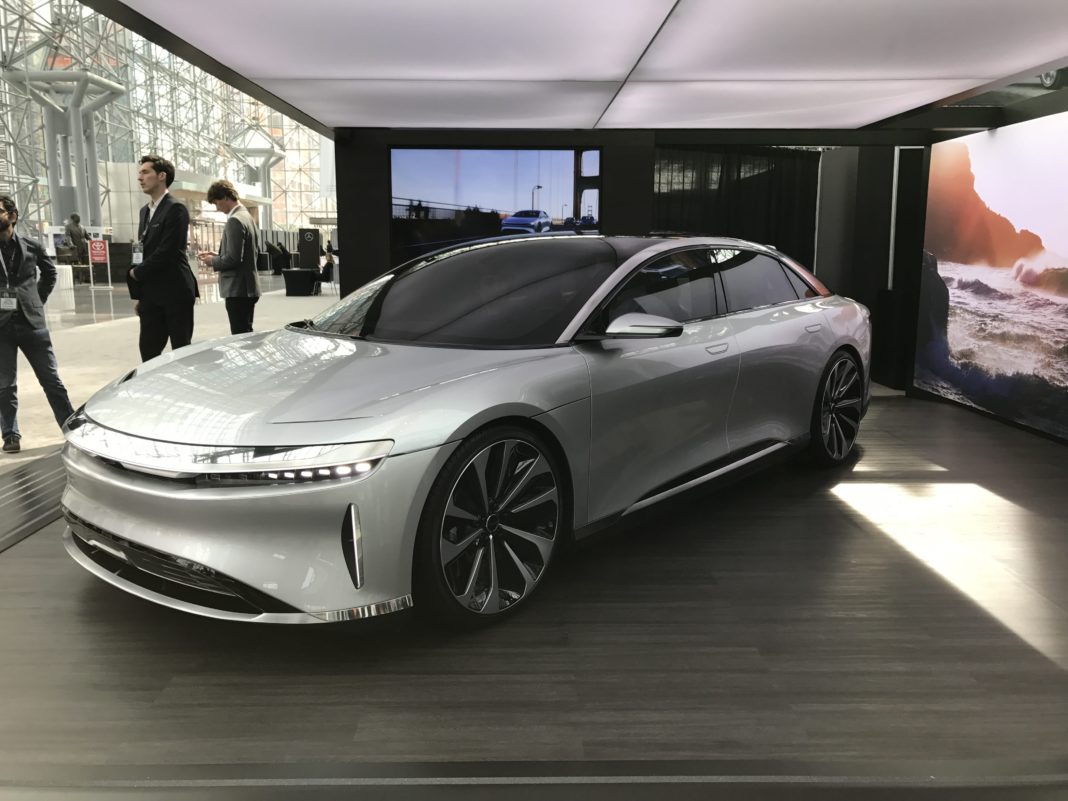The speed in which quantum computers can run at may be higher than we first though according to recent research carried out by the National Institute of Standards and Technology (NIST). Although we are yet to produce a fully working quantum computer, theorists suggest when we do there may be less speed restrictions than previously assumed.
Previous studies conducted to NIST’s Stephen Jordon concerned the speed in which information can travel between two switches in a computer’s processor, whereas the new study deals with how fast those switches flip from one state to another. The rate at which these switches are flipped is equivalent to that of the “clock speed” of a traditional processor. Modern day CPU’s measure their clock speeds in gigahertz and are capable of carrying out billions of logic operations per second.
In quantum mechanics, the rate at which a quantum state can flip from one state to another is limited by the amount of energy it has. So, does this mean that quantum computers are limited to how fast they can run at? “At first glance, this seems quite plausible,” said Jordan. “If you’re performing more logic operations, it makes sense that your switches would need to go through more changes. In both conventional and quantum computing designs, each time a logic operation occurs the computer hops to a new state.”
Jordon also demonstrates it’s possible t engineer a quantum computer without this limitation and argues the computer, “could perform an arbitrarily large number of logic operations while only hopping through a constant number of distinct states.” In this kind of quantum computer, the number of logic operations per second would be much larger than the rate at which a qubit can flip, allowing quantum computers to break previously suggested speed restrictions.
So, why is this such a good thing? Well, one reason is that in the simulation of other physical systems limited clock speed made tasks increasingly difficult to carry out. The number of clock cycles needed to simulate systems on a quantum computer need to be comparable the amount of clock cycles on the original system. But, we have a double-edged sword here. If the speed of a quantum computer isn’t limited by energy, then quantum computers could simulate other systems of greater complexity than ever before. But energy doesn’t limit the computational complexity of natural systems, in which case would make them harder to simulate. It’s a quantum minefield.
Related Links;
- Quantum computers may have higher ‘speed limits’ than thought / Phys.org
- Fast quantum computation at arbitrarily low energy / APS Physics
More News to Read
- New Cancer Treatment May Be Having the Reverse Effect on Some Patients
- Reusable Rockets are the New ‘In Thing’ Apparently, Russian Wants Them too
- The Event Horizon Telescope Aims to Capture an Image of a Black Hole
- Can We Forecast Global Dust Storms on Mars?
- Can the New ” Light Phone ” Cure Our Smartphone Addiction?











